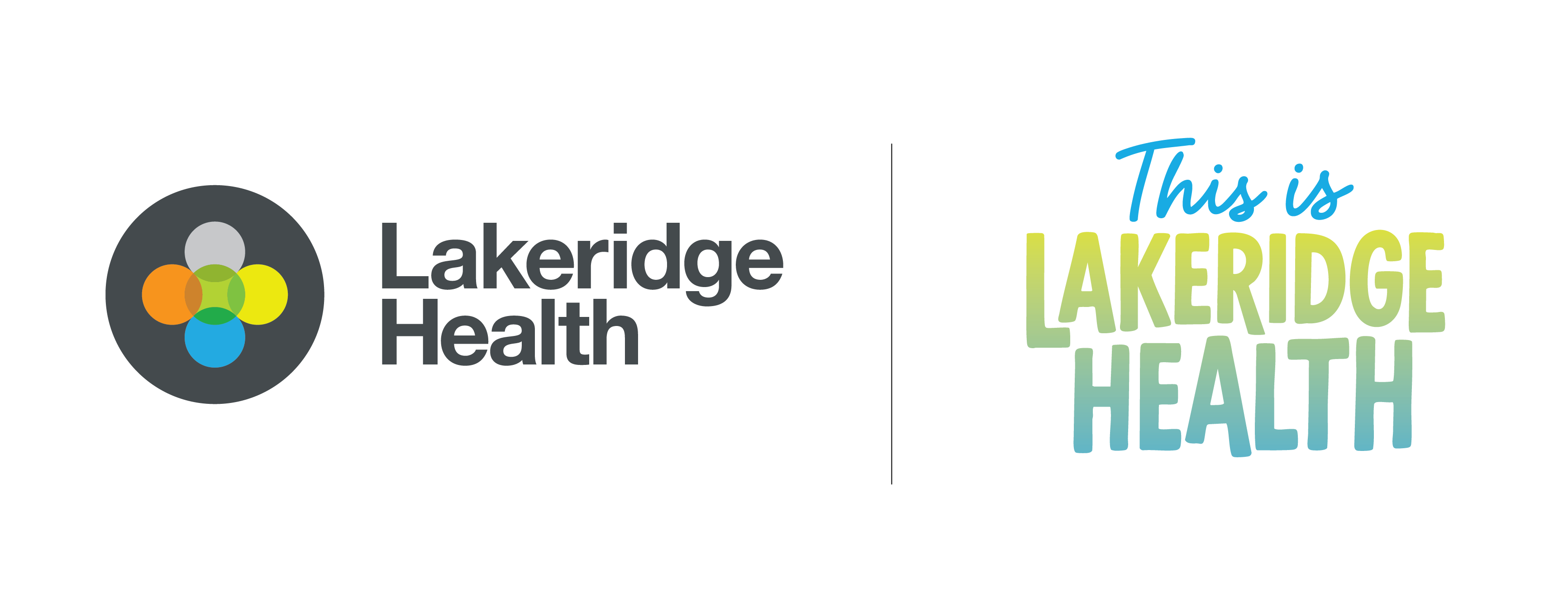EmpowerHER: Bringing Cancer Screening to the Community
Finding cancer early, when it is easiest to cure, provides the best outcomes for patients. That was the thinking behind the recent EmpowerHER Cancer Screening Day, a free breast, cervical and lung cancer screening event that focused on the Black community in Durham Region.
“I’m new in Canada and to have this kind of opportunity is great for me,” said Mary. “Back in Nigeria, I wouldn’t be able to get this kind of awareness for women’s health issues. I’m so grateful to be able to access this type of service and all this information for free.”
Mary brought along her friend Olaya. The two joined more than 100 others from across Durham Region at the second annual EmpowerHER screening event held at Oshawa Hospital. Remarkably over 80 cancer screens were performed during the event.
“For someone like me who has not done these kinds of screenings before, to finally know my status is good for my health,” said Olaya. “If it weren’t for this event and the information I received today, I wouldn’t even know where to begin to book cancer screening.”
The attendees heard from inspiring expert panelists and those with lived experience and came away with vital information about the importance of screening for cancer early.
1 out of every 2 Ontarians will be affected by cancer at some point in their lives.
According to the Canadian Cancer Society, racialized communities experience inequities in health and cancer care due to the barriers embedded in the structures of the current healthcare system including their experiences with individual, systemic and structural racism. Racialized communities also report concerns about not understanding their cancer diagnosis, which is associated with a lack of access to culturally relevant cancer information. In addition, they also experience unmet cancer care needs including psychosocial, emotional, informational, socioeconomic and practical needs leading to poorer health outcomes.
“Supporting the health of communities across Durham Region means listening to people’s lived experiences and creating spaces that reflect their needs,” said Kirsten Burgomaster, Health System Executive, Clinical, Lakeridge Health and Regional Vice President of the Central East Regional Cancer Program. “Events like this are created in partnership with Black women in the community, celebrating their voices and priorities while strengthening trust, improving access to care, and ensuring every woman has the opportunity to thrive.”
People from racialized communities often face unfair and avoidable barriers in health care—and cancer care is no exception. These challenges go beyond individual experiences of racism; they are deeply rooted in the systems and structures that shape health care. When information isn't culturally relevant or accessible, it becomes harder for people to understand their diagnosis, navigate care, or feel supported through the process.
It is also important to recognize that racialized communities are not monolithic, there are many factors that impact access and trust in the healthcare system which could shape how people experience care—and whether they access it at all.
To help improve outcomes and change the narrative around cancer care for Black and other racialized communities, the Central East Regional Cancer Program partnered with key community organizations to host the second annual EmpowerHER cancer screening event—a collaborative, community-led effort centered on access, education, and screening.
In 2024, the Cancer Quality Council of Ontario, Ontario Health and Cancer Care Ontario praised the inaugural EmpowerHER event. The partner organizations received a special Equity Award, acknowledging the important work being done to improve health equity through this event.
“I’m incredibly proud of the collaborative spirit behind this event — from the team at Lakeridge Health and the Central East Regional Cancer Program to the many community partners who helped it grow meaningfully this year,” said Kirsten. “By working alongside the Black community and other equity-deserving groups, we’re making progress in closing health gaps and creating programs that are culturally responsive, relevant, and truly impactful.”

